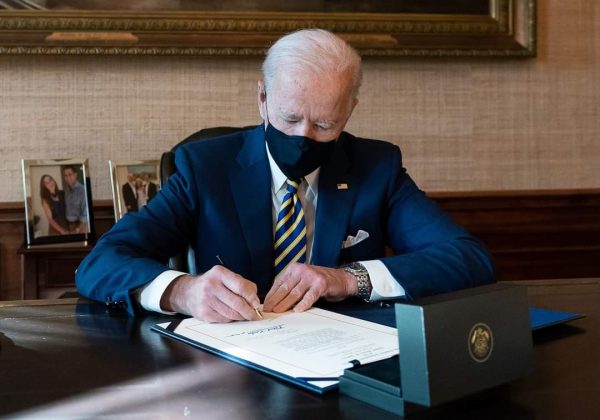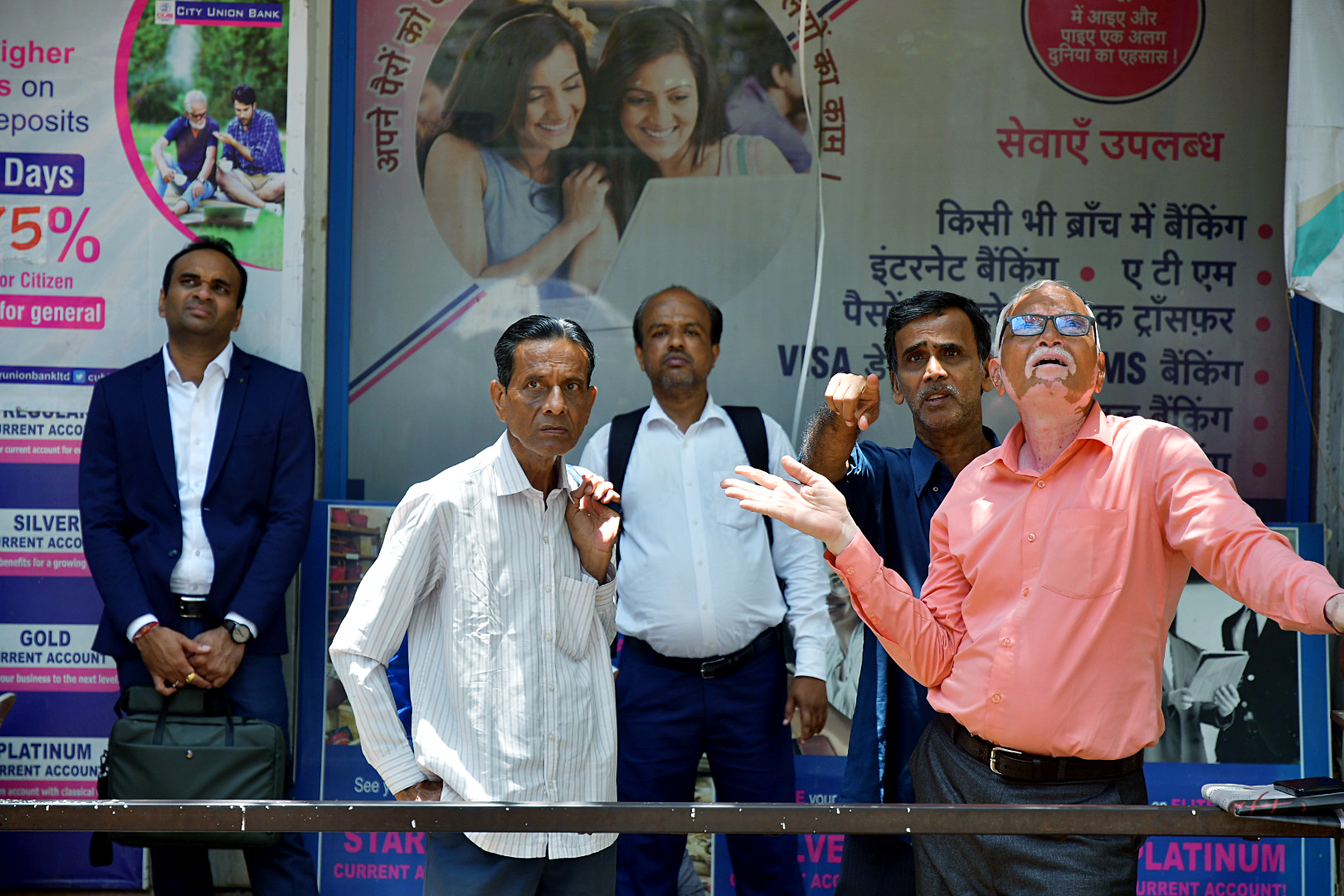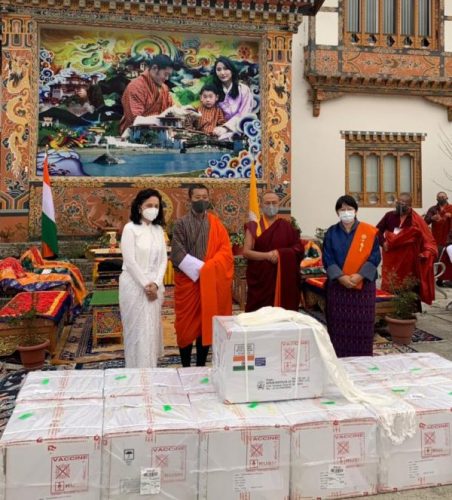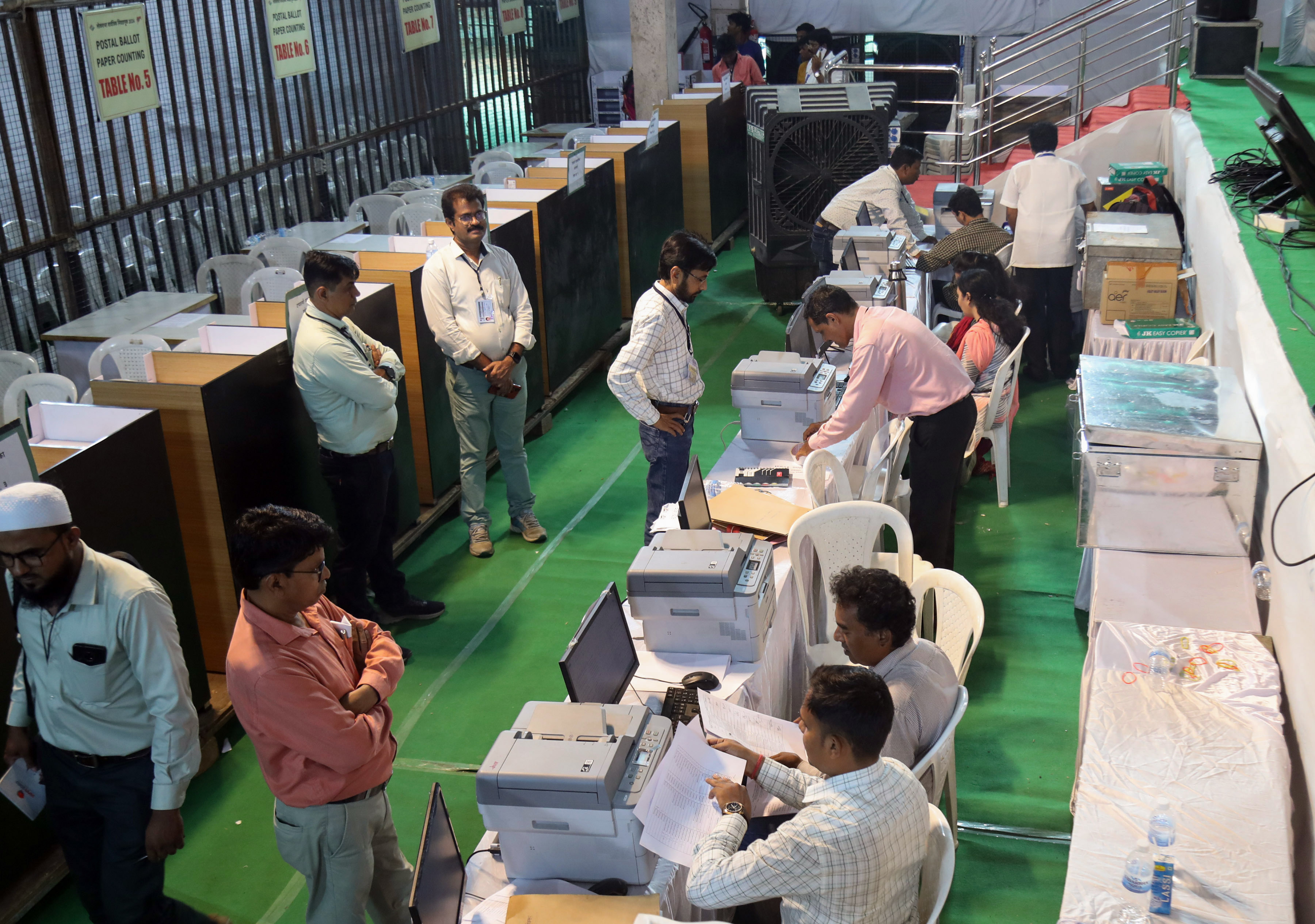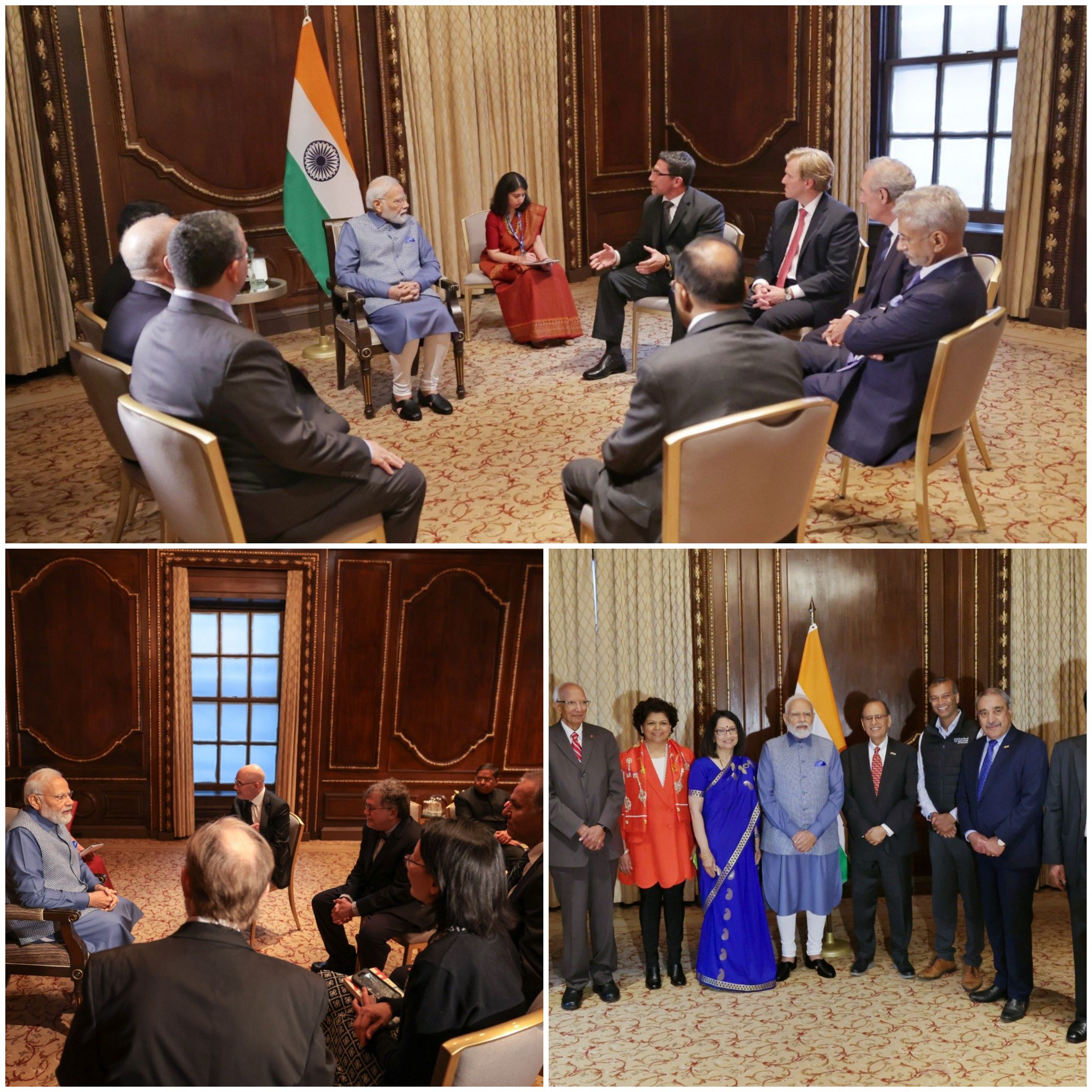With Afghanistan under Taliban rule, the terrorist groups in the region are becoming more active. Jammu & Kashmir has witnessed a rise in violence in the last few weeks amid the dominant power sweep of Taliban. A huge cause of concern for India
Our Bureau
New Delhi/Doha/Kabul
In a big development, India said on Thursday that’s it’s too early to say anything on recognition of the Taliban. In the first formal diplomatic contact between India and the Taliban on Tuesday after the withdrawal of US troops from Afghanistan, Ambassador of India to Qatar, Deepak Mittal, met Sher Mohammad Abbas Stanekzai, the head of the Taliban’s Political Office in Doha.
The meeting took place at the Embassy of India, Doha, at the request of the Taliban side, the ministry of external affairs ministry said today. The discussions focused on safety, security and early return of Indian nationals stranded in Afghanistan.
The recent meeting with Taliban leadership in Doha should be seen just as a meeting, the Ministry of External Affairs said. “Let us see Doha meeting for what it is, it is just a meeting and I think these are still very early days. I don’t have further on that,” MEA spokesperson Arindam Bagchi said on the question of recognising the Taliban. New Delhi said that its main concern is that Afghan soil should not be used for terrorism against India.
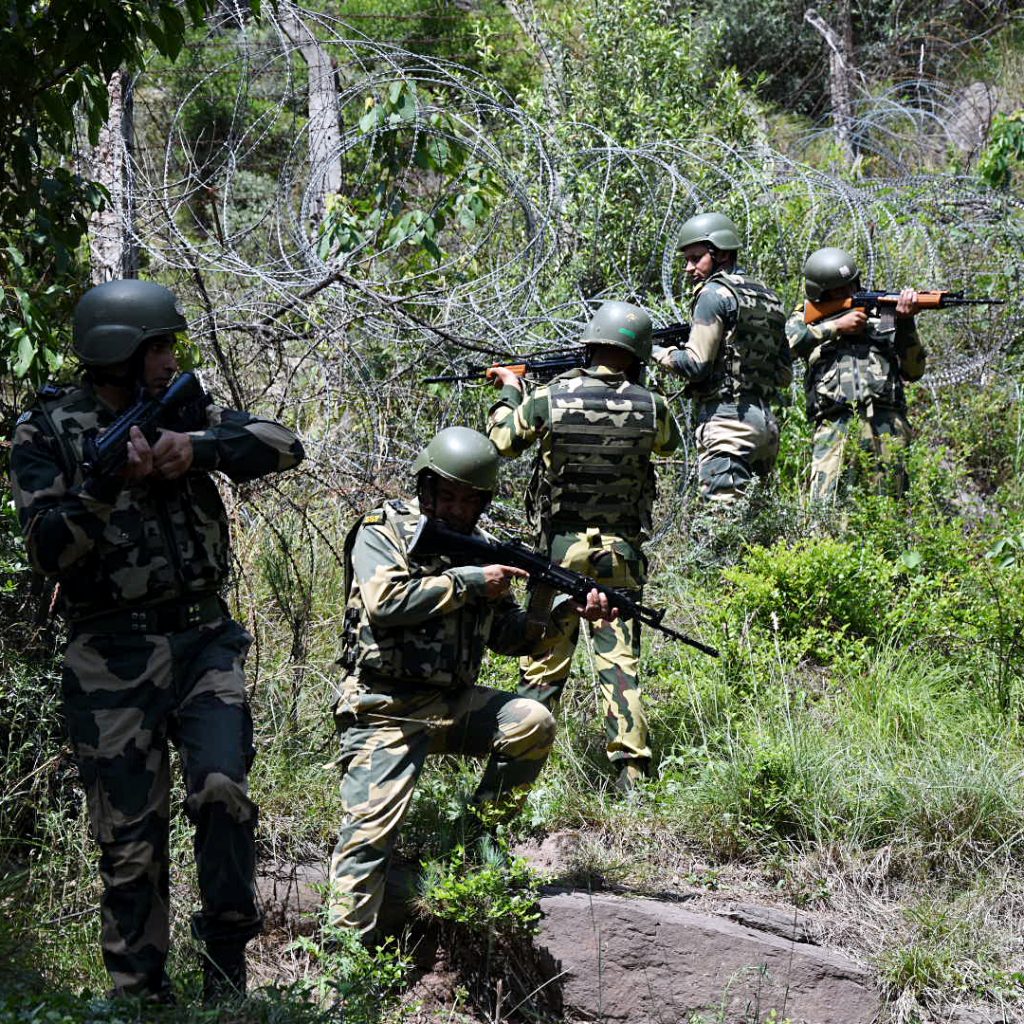
“Our focus is not that Taliban is a terror organisation or not, our focus is that Afghan soil should not be used in anti-India activity and terrorism against India. We will focus on that element, ” MEA spokesperson said.
The MEA has also confirmed that as if now there is no official intimation on government formation in Afghanistan and has categorically said that there is no invitation extended to India. “We are not aware of the invite, I have seen media reports on the government formation. We don’t have any update on the invitation ‘and neither I could share the nature of which government could form in Afghanistan,” Bagchi said.
Earlier, the Taliban had lauded the development works of India in Afghanistan.
But, India has a lot of reasons to worry about the Taliban rule in Kabul.
After Taliban’s “victory” in Afghanistan, al Qaeda posted a congratulatory message in which it called for “armed jihad” to “liberate Palestine, Islamic Magreb, Somalia, Yemen and Kashmir from the enemies of Islam.”
The US-designated terror group then said that just as Afghanistan was “liberated”, Palestine should be “liberated from Zionist occupation and the Islamic Maghreb from French occupation,” while also liberating “the Levant, Somalia, Yemen, Kashmir and the rest of the Islamic lands from the clutches of the enemies of Islam.” The message was distributed online by ‘As Sahab’, the media arm of al Qaeda, in both Arabic and English just hours after the last American soldier left Kabul, reported FDD’s Long War Journal, an American news website.
Notably, the al-Qaeda statement was issued on Tuesday, the day when the head of Taliban’s political office Sher Mohammed Stanakzai met with the Indian ambassador to Qatar Deepak Mittal in Doha at the Indian mission and assured that the Taliban will address the issues raised by the Indian side. Earlier also Taliban had said India is an important country and they want good economic relations with India.
In its two-page statement, al-Qaeda congratulated all Islamic ummah (community) for Taliban’s victory in Afghanistan. “On this historic occasion, we would like to offer our congratulations to the leadership of the Islamic Emirate, specifically Haibatullah Akhundzada,” the al-Qaeda statement read.
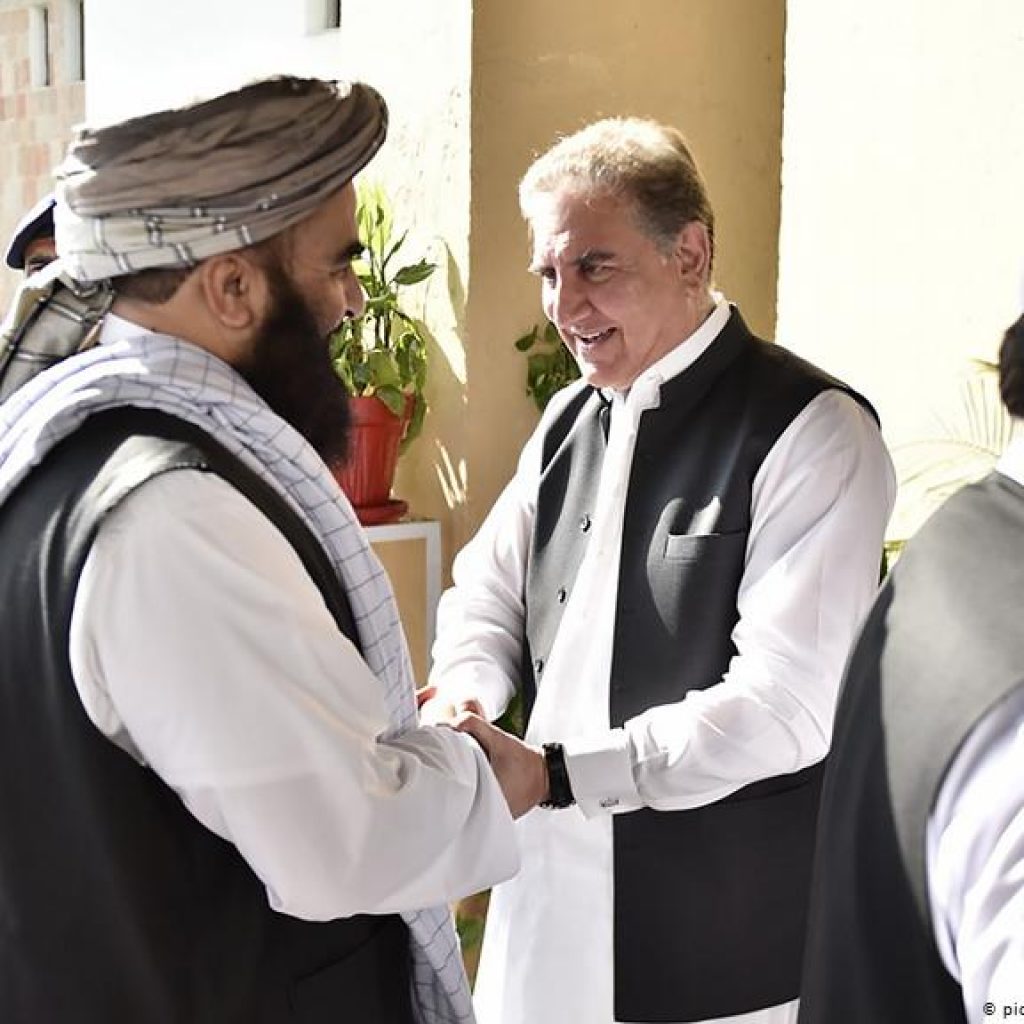
It said that “It is time for you to prepare for the next stage of the struggle, the way for which has been paved by the victory of the defiant Afghan nation” adding that the “historic victory” in Afghanistan by the Taliban “will open the way for the Muslim masses to achieve liberation from the despotic rule of tyrants who have been imposed by the West on the Islamic World.”
Al-Qaeda said it hoped that the Taliban’s victory in Afghanistan will lead to additional victories for the “oppressed” around the world.
According to a recent UN monitoring report, a significant part of the leadership of al-Qaida resides in the Afghanistan and Pakistan border region, alongside al-Qaida in the Indian Subcontinent. Large numbers of al-Qaida fighters and other foreign extremist elements aligned with the Taliban are located in various parts of Afghanistan.
As per the UN report, ties between the two groups remain close, relationships forged through common struggle and intermarriage. al-Qaida and like-minded militants continue to celebrate developments in Afghanistan as a victory for the Taliban’s cause and thus for global radicalism, the report added.
With the situation in Afghanistan volatile, the terrorist groups in the region are becoming more active. According to security agencies, Jammu & Kashmir has witnessed a slight rise in violence in the last few weeks amid the dominant power sweep of Taliban.
Sources say that Pakistan-based terror outfits like Jaish-e-Muhammad and Lashkar-e-Taiba — clearly buoyed by the “victory” of Taliban in Afghanistan — have boosted infiltration efforts to push their cadres into the Valley. The security threat comes amid al-Qaida calling upon the global Muslim community to “free” other Muslim lands. The group, responsible for the 9/11 attacks in US, has effectively put Kashmir on the list of next targets of global jihad.
All these are bad signs for India which has been trying hard to keep the Valley free of terror following the abrogation of Article 370. There are valid fears that Pakistan-based terror groups, emboldened by the Taliban rule in Afghanistan, would step up efforts to ignite violence in J&K.

A quick look at history shows how militancy in Kashmir grew as Taliban rose to power in Afghanistan.
A large number of Mujahedeen fighters infiltrated into the Valley in the late 1980s following the end of the Soviet-Afghan war. The influx of these foreign fighters had a direct impact on the security situation in Kashmir, with incidents of terror rising manifold in the early 1990s.
India suffered first-hand due to Taliban rule when Pakistani terrorists hijacked an Indian Airlines flight and took it to Kandahar in Afghanistan. Taliban fighters aided the terrorists by preventing Indian military intervention and encircling the airport. The hijacking led to the release of three dreaded Pakistani terrorists, including JeM founder and 26/11 mastermind Masood Azhar.
According to data compiled by the South Asia Terrorism Portal (SATP), the number of casualties in Kashmir dipped by almost 75% in the five years following the US invasion and increased scrutiny on terror groups.
Similarly, the data shows that after the fall of the Soviet in 1989 and the insurgency in Kashmir, the number of fatalities grew drastically from 92 in 1989 to 1,177 in 1990.
Following the US invasion of Afghanistan in 2001 and crack down on terror groups, the incidents of violence in Kashmir saw a sharp decline. The situation improved further after the 2003 ceasefire pact between India and Pakistan, when both sides agreed to avoid violence along the LoC. This restored a fragile peace in the Valley, even though some incidents of violence and infiltration continued.
Pakistan has been a key player in removing the Afghanistan government from power and establishing a group to a decisive position in Afghanistan with its dark nexus of terrorist groups in the region for over two decades.
While the silence of the western countries — who have been chanting rhetoric over human rights and democratic values — has been the most surprising aspect of the Afghanistan crisis.
Islamabad was not criticised when the Taliban governing council is formally referred to as the Quetta shura, after the city in Pakistan where it has operated for the past 20 years, reported Inside Over.
While New Delhi has been continuously demanding the world to act against a terrorist organisation like Lashkar-e-Taiba and Jaish-e-Mohamed operating out of Pakistani territory.
The Taliban’s two-decades-old dreams to grab power, its recent aggressive advance against the government and the Kabul blasts all have a Pakistani element in them irrespective of whichever terrorist group claims credit.
All these organizations have worked as the Pakistan establishment especially its intel wing’s proxies. The Inter-Services Intelligence has been using these groups to fuel the insurgency and carry out a terrorist attack in countries at differing points in an attempt to promote its agenda.
Even Pakistan’s Interior Minister Sheikh Rashid has said that the Taliban’s members, who fought with Afghanistan’s government forces, received treatment in Pakistani hospitals and their families were sheltered in Pakistan.
According to the Inside over, a recent report of the UN monitoring team has accused the Taliban of having a close connection with Al-Qaeda, active in the Pakistan border regions, and highlights its links to the Pakistan-based terrorist Haqqani network. Furthermore, the report also records extended ties of the Taliban with some 8,000-10,000 foreign terrorists. All these units, created by Pakistan as proxies, whether it is the IS (KP), the Taliban, the Haqqani network, the LeT are related to each other with the Al- Qaeda remaining their uniting intermediary.



















